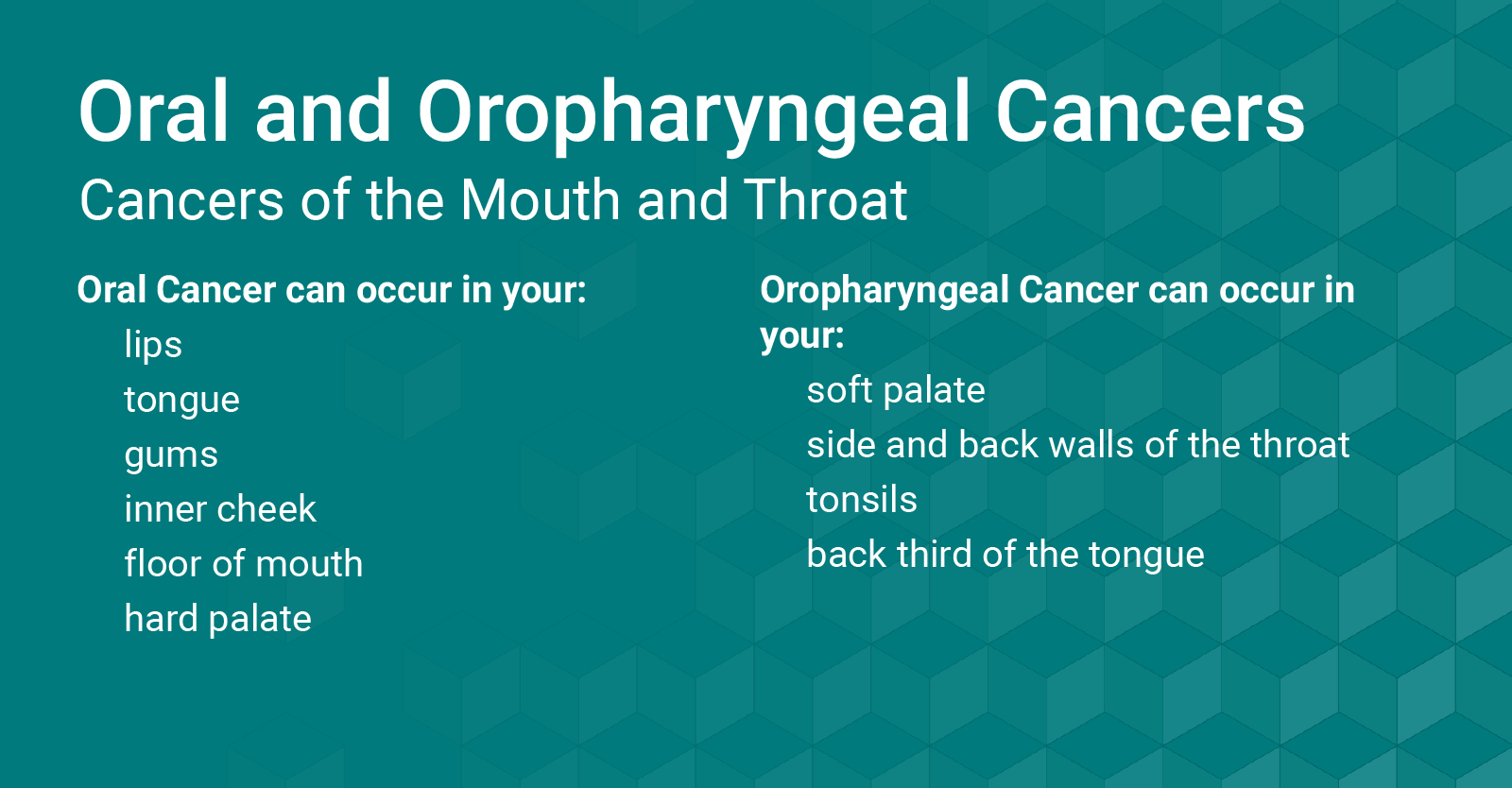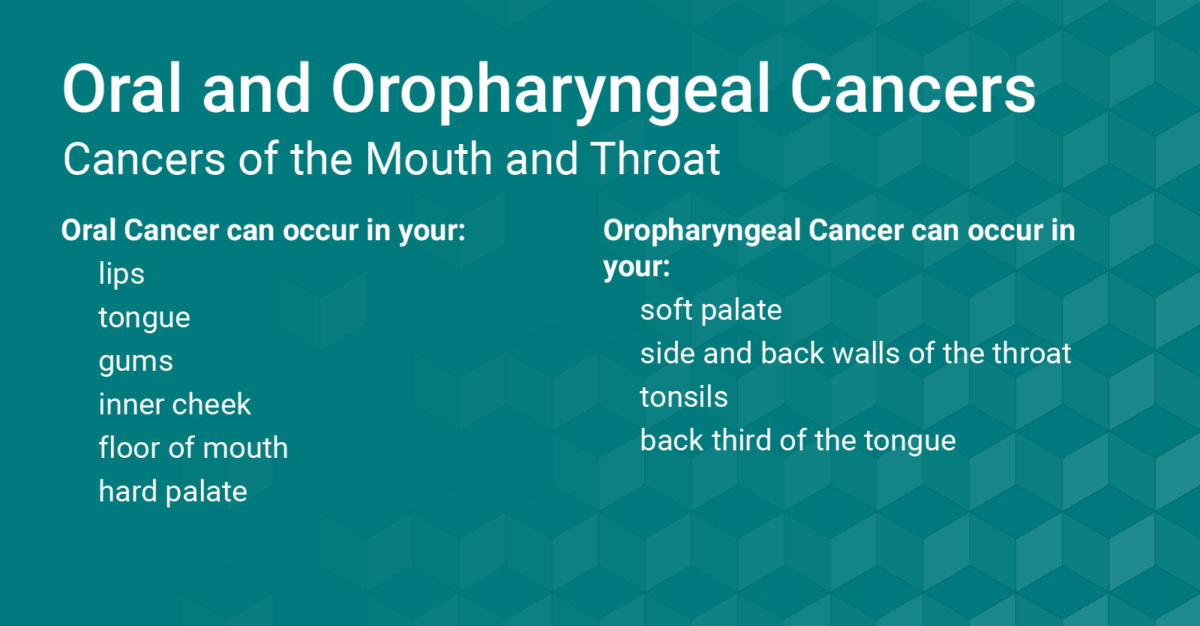Every year, an average of 53,000 Americans are diagnosed with some form of oral cancer, killing one person every hour.
When detected in its early stages, oral cancer is highly treatable and, in many cases, curable. Unfortunately, oral cancer often goes undiagnosed until late in development, significantly elevating its death rate.

Here are a few steps you can take to make sure you aren’t increasing your chances of developing a form of oral cancer.
Choose a lip balm with sunscreen, and use it whenever you are outside
Lip balm isn’t just for chapped lips. We should shield our lips from the sun just like we protect the rest of our skin, as overexposure increases the chance of oral cancer of the lip. Many brands offer lip balm with SPF that you could add to your sunny day routine.
Eat your fruits and vegetables
It may seem like an urban myth that parents tell their children to make them finish their dinner, but low intake of fruits, vegetables, vitamin C, and fiber has been associated with increased cancer risk. Inversely, high consumption has been shown to cut the risk of oral cancer in half.
Avoid tobacco, and use alcohol in moderation
While not as significant as the link between cigarettes and lung cancer, smoking tobacco products has been linked to oral cancer. Additionally, heavy consumption of alcohol—which is generally defined as more than three drinks per day—increases the risk of oral cancer.
According to the Oral Cancer Foundation, cell wall dehydration from alcohol makes it easier for carcinogens from tobacco smoke to penetrate oral tissue cells. When alcohol and tobacco are combined, which is often the case for people who refer to themselves as “social smokers,” the risk of oral cancer skyrockets to more than 15 times that for non-users of the two substances.
Don’t use smokeless tobacco products either
Smokeless tobacco products like chewing tobacco are a major risk factor for oral cancer. Additionally, new research is highlighting risks associated with vape and e-cigarette products. More research still needs to be done in this area, but initial studies suggest that e-cigarette use increases risk of gum disease, tooth decay, and oral cancer.
Get an HPV Vaccine
Human Papillomavirus (HPV) has been linked to an increased risk of developing oral cancer. Because the sexually transmitted virus goes largely undetected in most carriers, getting an HPV vaccine is a good practice to both avoid the virus and reduce the risk of HPV’s impact on the oral cavity. For further guidance on HPV vaccination, please discuss with your primary care or dental provider.
HPV is the leading cause of the oropharyngeal cancers of the tonsils and base of the tongue. While there are nearly 200 strains of HPV, strain 16 is of concern as it relates to your oral cavity. Please review the Oral Cancer Foundation’s website to learn more.
Visit your dentist
The Oral Cancer Foundation suggests that patients receive an oral cancer screening annually, especially if they fit any of the common risk factors for the disease.
Sign up for NCOHC’s newsletter list to receive updates on stories like this one directly to your inbox.
NCOHC is a program of the Foundation for Health Leadership & Innovation. For more information and to stay up to date, subscribe to the NCOHC newsletter. If you are interested in becoming an NCOHC member, you can also fill out our membership form. It’s free!


